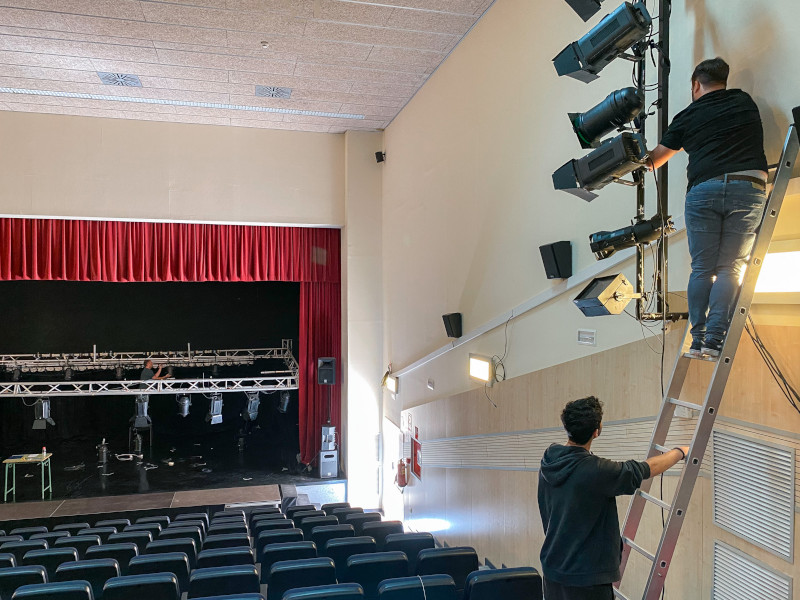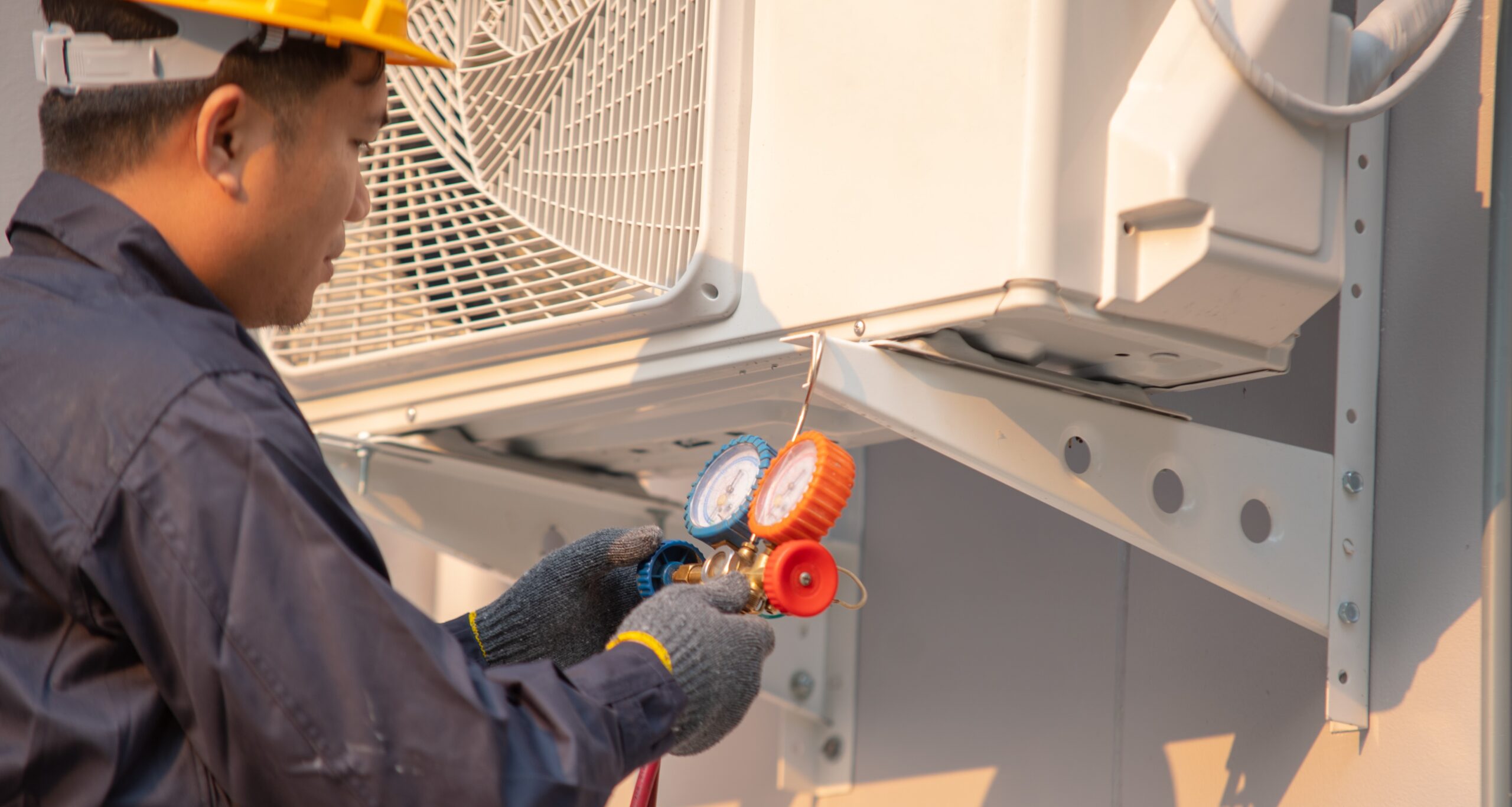Theater safety tips

A performing arts program can be a wonderful asset to a school—but not if it leads to accidents, injuries and major liability for your school and district. If you host theatrical, musical or dance performances on your stage, consider the following tips from CM Regent’s risk control professionals:
Make sure the stage rigging is secure
You should hire a third-party annually to conduct a stage rigging and maintenance inspection. Then, conduct any repairs the inspector recommends in a timely manner. If you are using theatrical flying in your production, bring in an individual certified by an accredited institution for theatrical flying effects to oversee these activities.
Take extra safety precautions when handling props
This includes:
- Securing freestanding props via anchors or counterweights to prevent them from collapsing onto performers and crew members.
- Providing power tool training for both staff and students who are constructing props, and making sure they are using personal protective equipment.
- Inspecting all power tools to ensure they have the appropriate machine guard and are working properly.
- Training staff members and students on safe lifting practices.
- Maintaining adequate clearance in and around egress routes, doors and potential ignition sources.
- Providing approved stepladders or scaffolding with a guardrail system for use in performing tasks that are out of reach from a walking surface.
Maintain proper storage practices
Never store any items on the theater’s catwalks or near elevated platforms, electrical panels or fire safety equipment. Flammable and combustible liquids should be stored in an approved flammables storage cabinet, with a copy of the Safety Data Sheet readily available in the area.
Flammable or solvent soaked rags or brushes used in stage prop/wall design painting present a fire risk. After use, these items should be discarded in a steel waste can with a self-closing lid and the contents emptied at the end of each day. Flammable and combustible liquids should not be used for stage prop/wall design painting; instead, only use water-based paint/coatings to reduce the risk of fire.
Make sure performers and staff are aware they should not bring any chemicals or hazardous substances onto the school property. The only such substances that should be allowed on the property are those that were purchased by the school district.
Obtain the proper permits
If your show will be using a fog machine, pyrotechnics, or dangerous props such as swords, you may need a permit from the fire marshal or special permission from the school. The use of fog machines may interfere with and activate fire alarm systems.
Protect students and staff when they are moving set pieces
Provide protective gear such as goggles or gloves to prevent injuries, and teach proper lifting techniques before asking anyone to move set pieces on a regular basis.
At CM Regent, our goal is to help you establish practices that will protect students, staff and others who may be spending time in your theater. Not only will they be safer, but you can also focus more on the quality of your productions.
For more resources on theater safety, check out these articles on performance hazards, theater rigging and auditorium curtain safety inspections.




